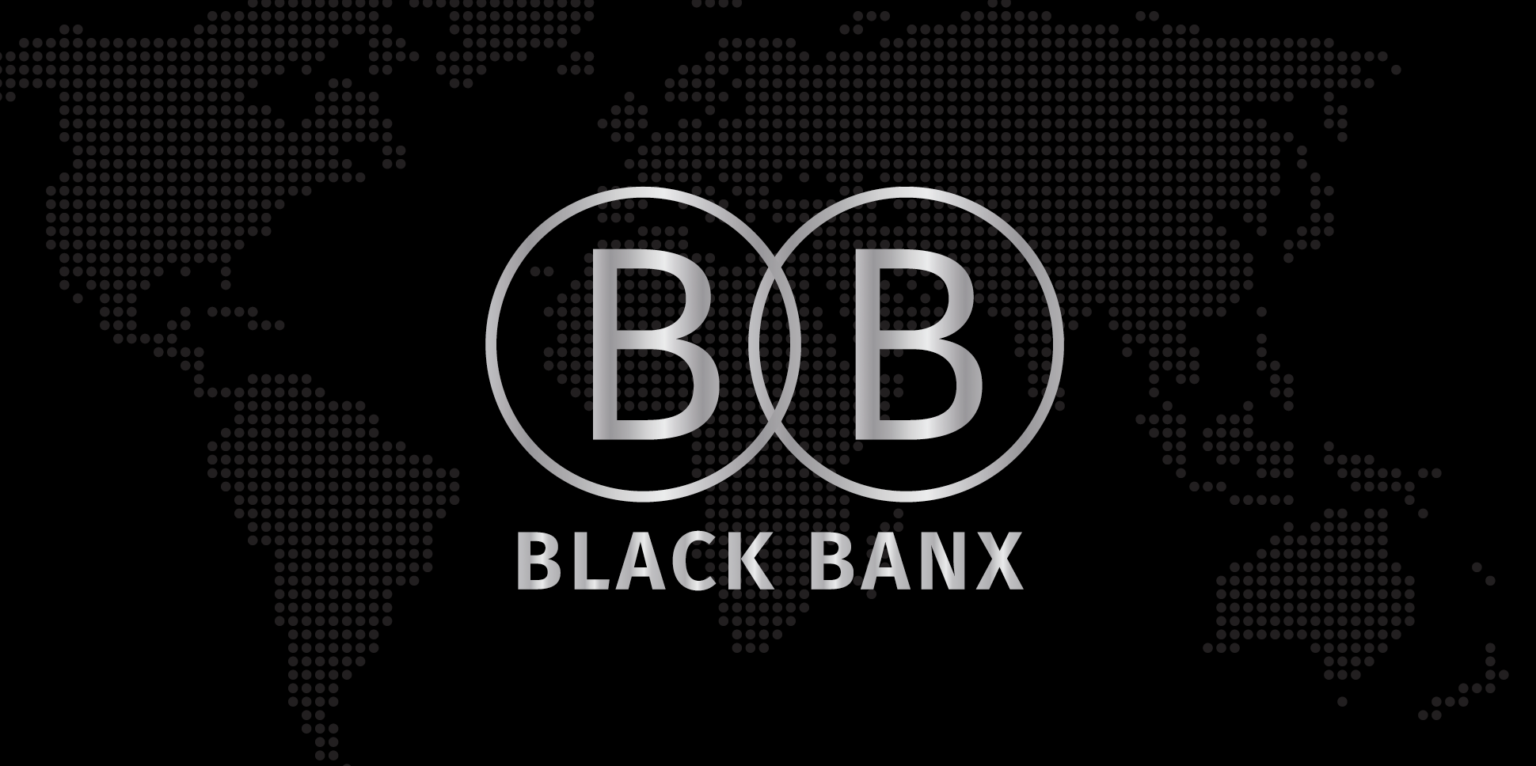The future is always uncertain. But there are ways to build, develop, and anticipate that future before it arrives. In the world of banking, technological disruptions have made big changes to the field of competition as they stimulate new customer expectations and provide novel opportunities for both existing and upcoming banks and financial institutions. The past decade has been transformative for the financial sector as fintech companies slowly but surely established their presence in the market, taking slices from the ever-evolving pie of global consumerism.
Banking Challenges in the Modern World
Before delving deep into what the future holds for the finance industry, it’s important to analyze the present landscape following what seemed to be the most challenging year for banks and financial institutions. In 2023, huge challenges rocked the banking sector with the technological revolution, sustainability agenda, and geopolitical tension forcing bankers to make big decisions on renewed commitments, innovative strategies, and greater agility, according to the World Economic Forum.
In particular, the collapse of Silicon Valley Bank and the forced sale of Credit Suisse started waves of fear and anxiety for the global banking industry, which prompted regulatory authorities to re-examine existing rules and regulations governing the banking market participants. This also sheds light on the need to diversify banking models among incumbent and new entrants, motivate institutions to invest in sustainability projects, and take advantage of more sophisticated financial technologies available.
The End of Traditional Banking May be Near
A huge part of the front end of banking is now dominated by mobile banking apps. On the other hand, the back end is mostly composed of cloud computing third-party providers. Outdated online banking systems are struggling to gain relevance, while new technologies emerge and quickly win the trust of the tech-savvy generation of consumers. As such, there is a question of how long traditional banks could survive if the technological trends continue to reshape the world of banking.
A report by PricewaterhouseCoopers (PwC), a multinational professional services brand of firms, suggests that a market economy sans traditional banking could rise as soon as 2025 to 2030 as the barriers to market entry for non-banks to provide core banking services continue to decline. Previously, alternative banking solutions struggled to gain a foothold because consumers were worried about how they could ensure the safety, security, and reliability of their novel products and services. But with the advancements in digital banking, all of these are no longer an issue.
Moving Away from Physical, Tangible Banking
Financial business experts predict that banking services will eventually move away from tangible distribution into technology-enabled channels. Because as technology advances, it becomes easier for customers to move their funds between banks and other financial service providers. This shift is already evident in recent times when more people are using and relying on mobile banking and digital wallets to pay for products and services, be it online or in person. This, of course, became inevitable ever since e-commerce saw a skyrocketing demand at the turn of the century.
Among the advantages of online shopping is the convenience that comes with the purchase. People are enamored of the almost instantaneous process of paying for goods, and digital banking is the thing that makes this possible. As early as 2019, Forbes already warned of the inescapable trend of online shops killing traditional retailers or physical stores. The same can be said for digital banks and fintech firms that are aggressively changing the landscape of banking, leaving no room for traditional banks to grow unless they start developing digital or hybrid versions of themselves.
Black Banx’s Role in the Fintech Revolution
Among the outstanding brands in the fintech scene is Black Banx, a digital banking platform created and founded by German billionaire Michael Gastauer. Black Banx takes pride in having a well-equipped and well-rounded platform that caters to both private and business types of user accounts. Leveraging the latest advancements in financial technology, including artificial intelligence, machine learning, and blockchain, Black Banx is capable of delivering the best digital banking experience for customers around the world. Yes, the bank is a global brand, with offices in established and developing markets. It even operates in 180 countries and territories across the globe.
What makes Black Banx really stand out amid the fintech revolution is its mission of unlocking a borderless financial system where money can flow freely for almost everyone in the world. Unlike its rivals, which are geographically limited and unable to extend their services to the underbanked and unbanked populations in secluded places, Black Banx facilitates the instant flow of money around the world at a fair price, regardless if the consumer is in a remote area. That’s because its visionary CEO, Gastauer, strongly believes that people and businesses around the world can only grow if they become part of the global market and have access to high-quality financial solutions. As such, Black Banx plays a pivotal role in shaping the future of banking.
